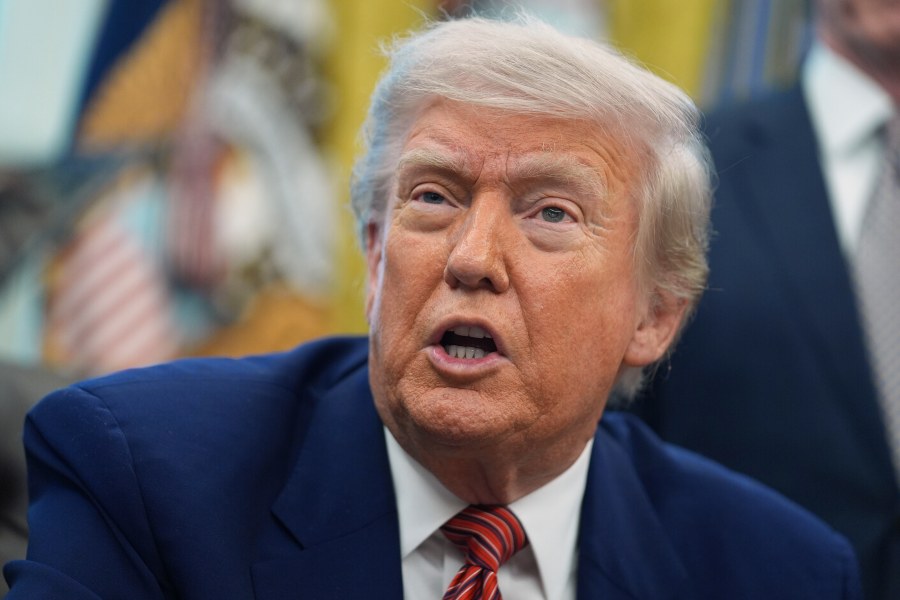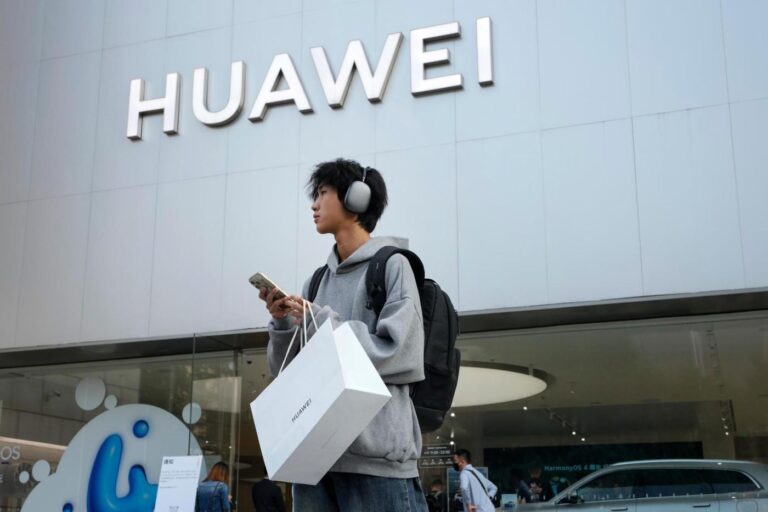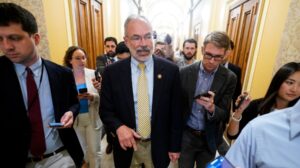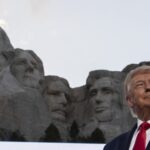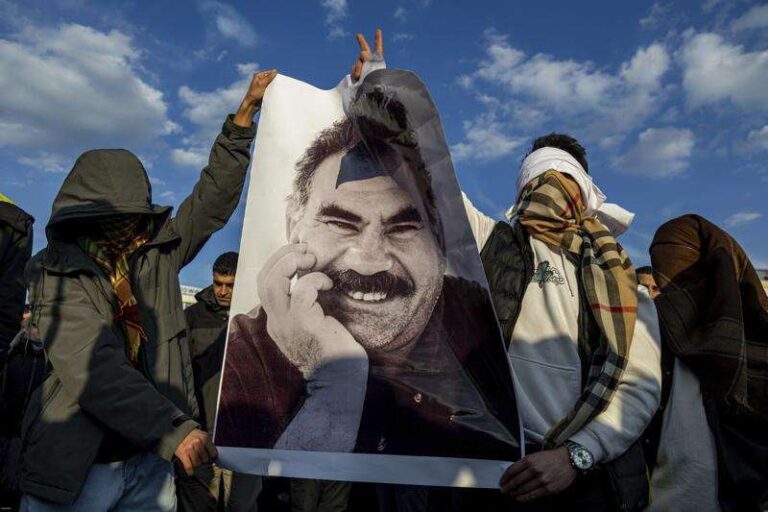WASHINGTON (AP) — In a significant move, President Donald Trump announced a new trade deal with Vietnam on Wednesday, allowing U.S. goods to enter the Southeast Asian nation duty-free. In contrast, Vietnamese exports to the United States will face a 20% levy, marking a notable shift in trade dynamics between the two countries.
Trump shared the news on his Truth Social platform, describing the agreement as “a Great Deal of Cooperation between our two Countries.” The announcement follows a series of trade negotiations initiated by Trump, who had previously imposed a 46% tax on Vietnamese imports as part of his reciprocal tariffs strategy targeting countries with which the United States runs trade deficits.
Background and Context
In April, Trump introduced the reciprocal tariffs, affecting dozens of nations. However, he suspended these tariffs for 90 days to facilitate negotiations, a window that expires on Tuesday. So far, the Trump administration has successfully concluded a trade agreement only with the United Kingdom, aside from a “framework” agreement with China in a separate dispute.
The United States recorded a $122 billion trade deficit with Vietnam last year, the third-largest after China and Mexico. This deficit represents the gap between the goods and services the U.S. buys from Vietnam and those it sells there.
Expert Opinions and Analysis
Mary Lovely, a senior fellow at the Peterson Institute for International Economics, commented on the deal, stating, “Vietnam has been very keen to get out from under this. This is forcing a smaller country to eat it, basically. We can do that. It’s the big countries that everybody’s keeping their eyes on.” She expressed skepticism about Trump’s ability to impose similar agreements on larger trading partners such as the European Union and Japan.
“Vietnam has been very keen to get out from under this. This is forcing a smaller country to eat it, basically.” — Mary Lovely, Peterson Institute for International Economics
Implications for Trade and Diplomacy
In addition to the 20% tariffs, Trump announced a 40% tax on “transshipping” — a practice where goods from another country pass through Vietnam on their way to the United States. This measure addresses U.S. concerns that Chinese goods have been circumventing higher tariffs by transiting through Vietnam.
Vietnam has been a strategic beneficiary of American efforts to counter China’s influence, attracting companies looking to diversify their supply chains away from China. In 2023, Vietnam uniquely hosted both President Joe Biden and Chinese leader Xi Jinping on state visits, underscoring its growing diplomatic significance.
In 2023, the U.S. upgraded Vietnam to its highest diplomatic status—comprehensive strategic partner—placing it on par with China and Russia.
Future Prospects and Developments
Looking ahead, the trade deal with Vietnam could set a precedent for similar negotiations with other countries. However, the challenge remains for the Trump administration to secure agreements with larger economies, which may resist such imbalanced terms.
Meanwhile, the Trump Organization’s $1.5 billion project to build a massive golf resort complex near Hanoi reflects the intertwining of business interests and diplomatic relations. This development could further strengthen economic ties between the two nations.
As the deadline for the reciprocal tariffs suspension approaches, all eyes will be on how the Trump administration navigates its trade policy with other major trading partners. The outcome of these negotiations could significantly impact global trade dynamics and the U.S. economy.
Aniruddha Ghosal contributed to this report from Hanoi, Vietnam.





